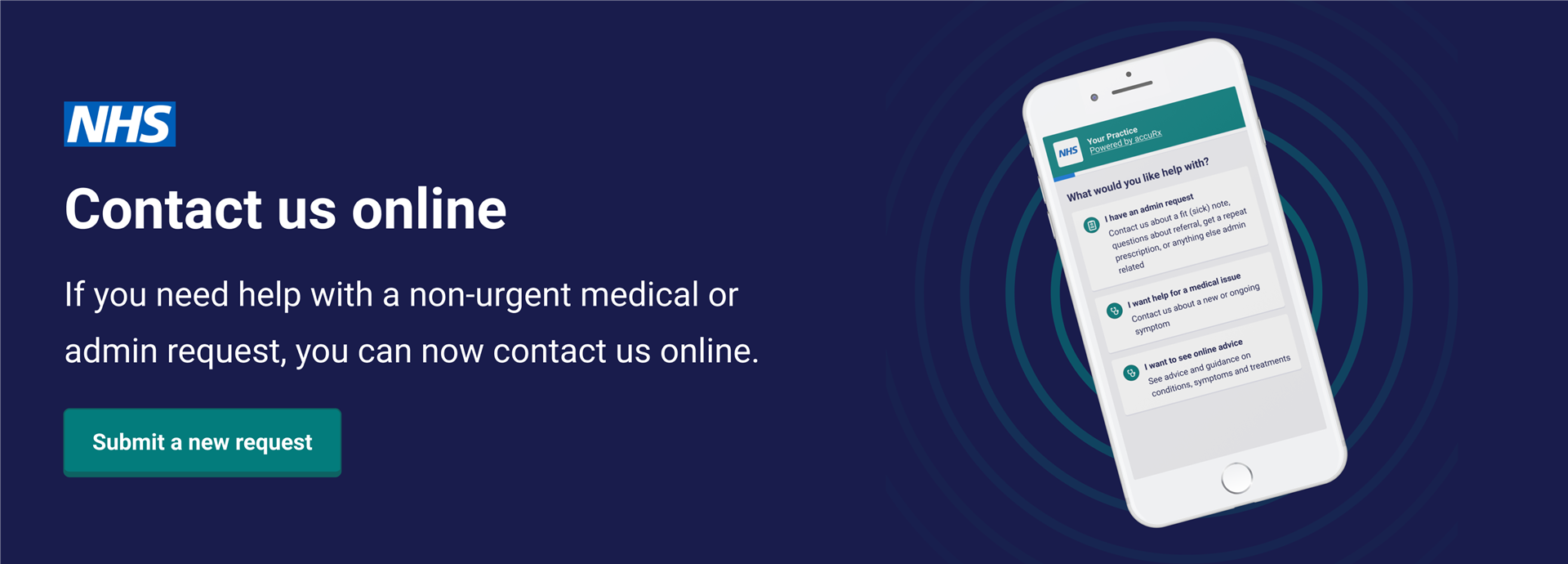Prescriptions
Ordering a repeat prescription
You can usually collect your prescription from the pharmacy 3 to 5 working days after you have ordered it.
You will need to choose a pharmacy to collect your prescription from. We call this nominating a pharmacy.
You can change your nominated pharmacy at any time:
- on the app or website where you order repeat prescriptions
- at your GP practice
- at any pharmacy that accepts repeat prescriptions
The NHS App
Order repeat prescriptions via the NHS App or NHS website, and have them sent to a pharmacy of your choice.
In Person
You can pop your request in the prescription box outside on the wall.
Medication Reviews
If you have a repeat prescription, we may ask you to come in for a regular review. We will be in touch when you need to come in for a review.
You can learn more about our Practice Pharamacist and her role via this leaflet
Electronic Prescription Service
The Electronic Prescription Service (EPS) is an NHS service. It gives you the chance to change how your GP sends your prescription to the place you choose to get your medicines or appliances from.
What does this mean for you?
You will have more choice about where to get your medicines from because they can be collected from a pharmacy near to where you live, work or shop.
For further information on:
- Choosing a pharmacy or other dispenser
- Cancelling or changing your choice of pharmacist or dispenser
- What can I do if I'm unhappy with the process?
Page created: 15 March 2024
